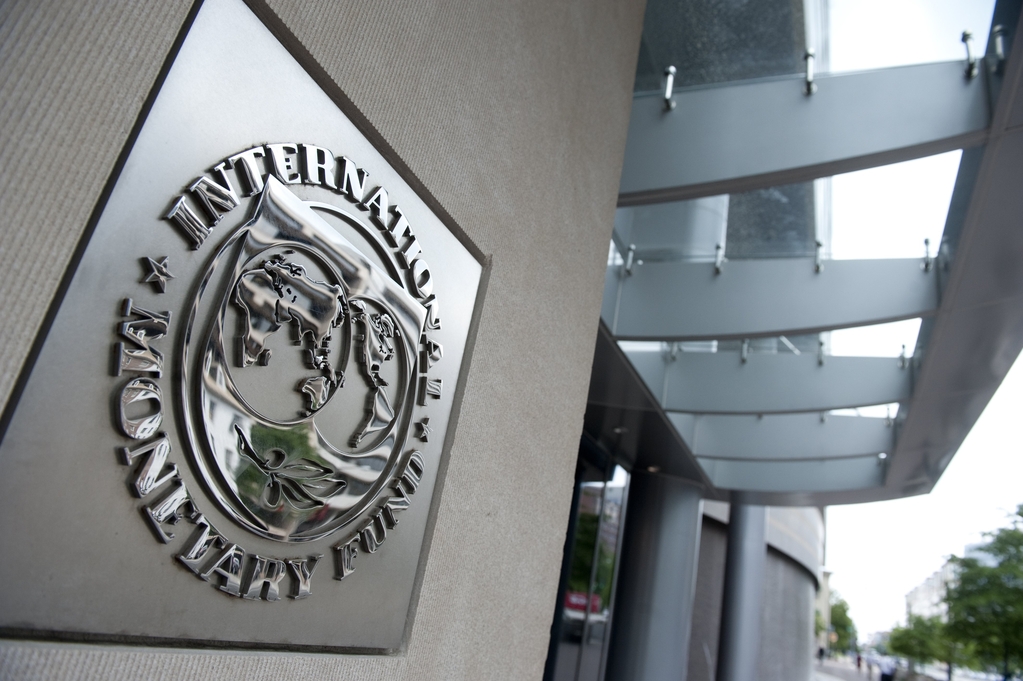In a significant strategic move aligned with its ongoing efforts to develop and integrate the financial infrastructure across Africa, the Central Bank of Egypt (CBE) announced its decision to join the Pan-African Payment and Settlement System (PAPSS), effective November 2024. This initiative, publicly confirmed by the African Export-Import Bank, builds upon the system’s operational foundation that began in 2022.
The African Payment and Settlement System currently encompasses 14 central banks from various African nations, including Nigeria, Ghana, Liberia, Guinea, Gambia, Sierra Leone, Djibouti, Zimbabwe, Zambia, Kenya, Rwanda, Malawi, Tunisia, and Comoros, alongside over 50 commercial banks. The primary goal of this collective is to enhance cross-border trade, allowing transactions to be settled using national currencies rather than relying on foreign currencies such as the US dollar.
CBE’s accession to this system represents a critical advancement in integrating Egypt’s financial framework within the broader African landscape. It aims to facilitate a fast and secure payment system for trade among African countries, yielding tangible economic benefits by reducing reliance on foreign currencies and streamlining settlement processes. This progression is expected to bolster sustainable economic and commercial growth across the continent.
Egypt aims to realize shared advantages from its participation in this system, anticipating significant benefits that could positively impact various economic and social indicators. The expansion of trade—both exports and imports—will allow member states, particularly Egypt, to leverage preferential benefits associated with being among the first countries in this collaborative group. As trade volume increases, opportunities for exemptions from customs duties or taxes on certain traded goods will also rise, potentially leading to reduced costs for local production and imported goods, ultimately benefitting consumers through lower prices and diminished inflation rates.
PAPSS further establishes a secure and reliable framework for financial settlements, fostering trust among banks and commercial entities. Egypt’s participation opens avenues for enhanced cooperation with other African nations, capitalizing on the large market potential within Egypt and beyond. Additionally, the system promotes the adoption of rapid and secure payment mechanisms for trade settlements, which can be crucial in fostering the growth of micro, small, and medium enterprises, as well as larger businesses.
This initiative will also stimulate the development of free economic zones, ports, and airports across the continent. By increasing trade cooperation via PAPSS, member states can deepen trade exchanges, simplify payment settlements, and decrease reliance on foreign currencies for transactions. This shift will contribute to organizing net trade settlements in member states’ currencies, thus lessening dependency on currencies like the dollar. Such measures can mitigate potential foreign exchange risks and enhance the stability of local monetary systems and currencies.
In summary, the expected surge in trade volume between African countries and Egypt, facilitated by local settlement capacity, marks a promising future for cross-border commerce across the continent.
Mohamed Abdel Aal – Banking Expert




